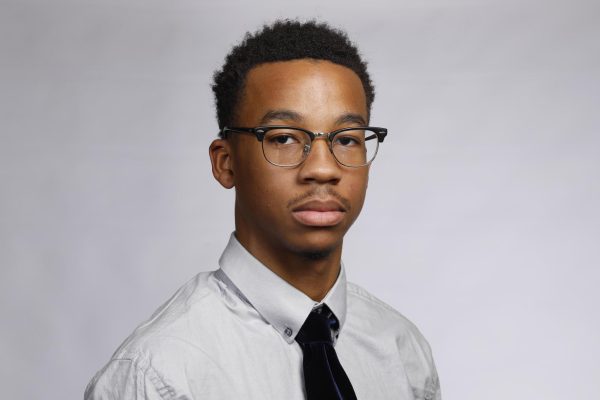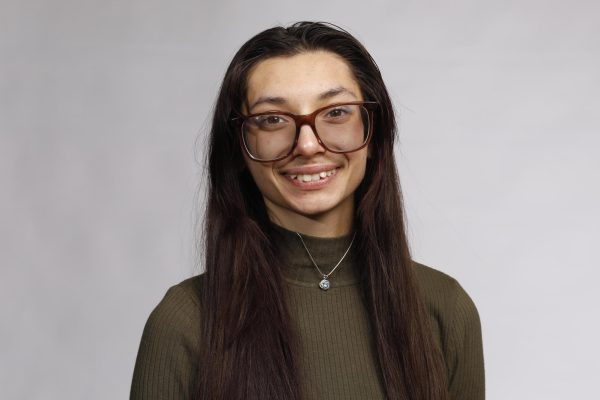While attending the 2024 Miss Black EIU pageant, I quickly realized that majority of the judges were white.
I found this to be both concerning and confusing.
This pageant is a way for Black women to express themselves and their heritage in order to win a scholarship. If they are being judged by people who don’t understand what it’s like to be Black, how could they really pick a winner?
Obviously, they can choose a winner based off of what they see, which is one of the main ways to pick the winner, but they don’t have any common knowledge to the culture.
Now, this is not a diss to the judges. It is just an observation with some contextual information to back it up.
There were three contestants: Destinee Patterson, junior secondary education and English language arts major, Rafiat Yarrow, senior political science major, and Samaria Rosenthal, senior psychology major.
The contestants displayed different backgrounds in their African American heritage, but I feel if people are not a part of the culture and do not understand it, then how can they properly choose a winner?
With the judges not being able to fully comprehend the culture, it could have led to them picking the wrong contestant. Not to say they did or didn’t– congrats Rafi.
For a section of the show, the contestants competed in the “African garments” category of the show, which is when they show cultural expression in heritage, history and their heroes.
I think having it judged by people who can directly relate to the contestants would have been better as a viewer, to know that the people who were judging the contestants could relate to them and their stories.
One of the contestants talked about a speech their mother gave them before entering a store, pertaining how they were not supposed to ask their parents to buy anything. The speech was exaggerated, but while members of the crowd laughed, some of the judges may not have related to it.
It’s easy to comprehend what the contestants were saying, but to actually live through it and potentially have to give those speeches as parents would not correlate due to the difference in upbringing.
If the judges aren’t a part of African American culture, how can they really understand what the contestants are talking about?
How can they know the history behind the clothes that the contestants wore? How can they relate to the traumatizing stories that the contestants shared? How can they understand the lectures given by parents to the contestants as well as other Black people in the audience?
Cam’ron Hardy can be reached at 581-2812 or at cahardy@eiu.edu.
















![[Thumbnail Edition] Senior Foward Macy McGlone, getsw the ball and gets the point during the first half of the game aginst Western Illinois University,, Eastern Illinois University Lost to Western Illinois University Thursday March 6 20205, 78-75 EIU lost making it the end of their season](https://www.dailyeasternnews.com/wp-content/uploads/2025/03/WBB_OVC_03_O-1-e1743361637111-1200x614.jpg)























































